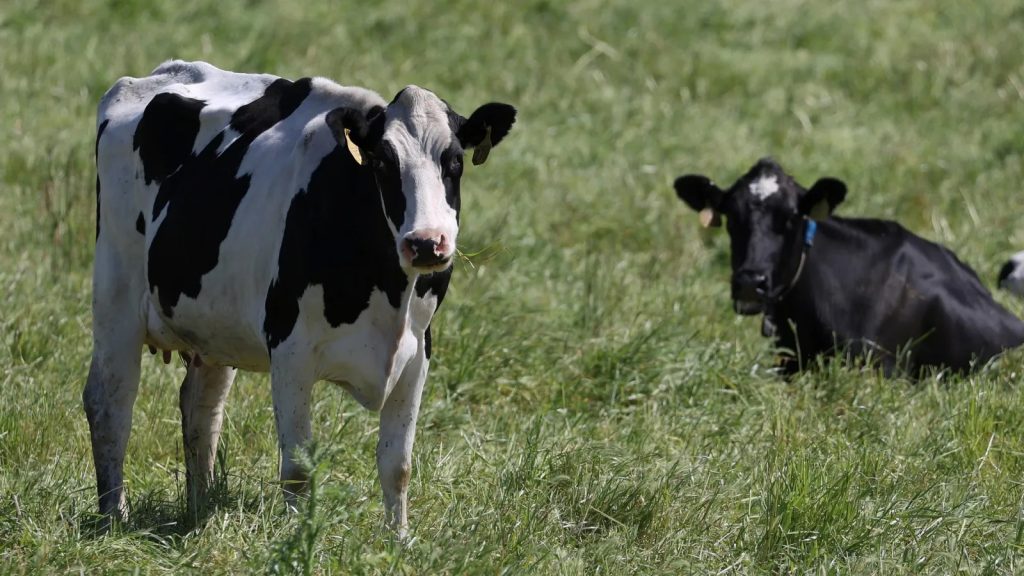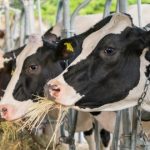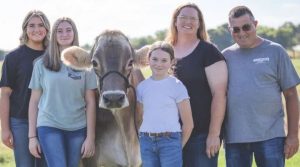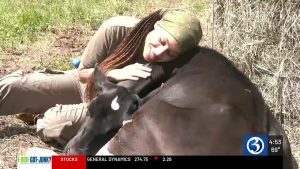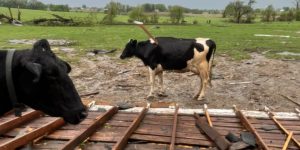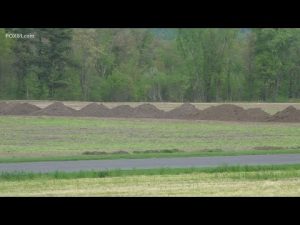
District court ruling on county’s denial is upheld.
The Minnesota Court of Appeals has upheld a Winona County District Court decision affirming the county’s denial to waive the county’s cap for feedlots for a Daley Farms expansion.
Appellate Court Judge Randall J. Slieter wrote in the ruling published Monday that the county board’s second denial of a variance “was reasonable and was neither arbitrary nor capricious,” which Daley Farms claimed in its appeal to the district court.
Daley Farms, a family-owned dairy near Lewiston, applied for a waiver in 2018 of the county’s 1,500 animal unit cap for feedlots to expand its farm to 6,000 animal units. The county’s board of adjustment denied the request in February 2019. In 2023, the Winona County District Court upheld the county board’s decision. Daley Farms appealed the court’s decision.
In the appeal, attorneys argued that the district court ruling disregarded potential bias by members of the board of adjustment and that their decision was biased and based on “will and not its judgment.”
The suit notes that the Winona County District Court had previously found the decision to be “arbitrary and capricious” and sent the decision back to the board. The board ruled a second time and again denied a variance. Slieter noted that when the board considered the variance application for a second time, an assistant county attorney questioned members about their affiliations, and each member indicated that their vote on the variance application would be based solely on information that was on record to the board.
Slieter wrote in his ruling that the second denial “was reasonable and neither arbitrary nor capricious” and affirmed the Winona County District Court’s November 2023 ruling upholding the decision.
Winona County adopted its animal cap ordinance in 1998 to balance the interests of farmers with the risks industrial agricultural practices pose to groundwater, specifically nitrate contamination, in the region’s porous karst geology.
The safety standard for nitrates is 10 parts per million or less from the tap for drinking water, but people with private wells often find their nitrate levels are higher. High nitrate levels are associated with a variety of illnesses, mainly methemoglobinemia — otherwise known as blue baby syndrome — as well as conditions in adults including increased heart rates, nausea, stomach cramps and headaches.
Karst geology allows agriculture runoff to more easily seep into groundwater. This can contaminate wells, which most people in Winona County rely on for drinking water. A Minnesota Department of Agriculture’s groundwater study showed that in western Winona and eastern Olmsted County, between 10% and 55% of households across about 10 townships had water above the health risk limits.
In response to the 2023 district court decision, Daley Farms co-owner Ben Daley said changing the scale or location of the facility wouldn’t make sense.
“That isn’t an option,” he said. “It fits what we would like, it fits the topography, it fits the land use around us.”
He said adding smaller operations in other areas of the county would serve to increase the spread of pollution.
But Sean Carroll, policy director for the Land Stewardship Project, called the ruling a “victory” for clean water.
You can now read the most important #news on #eDairyNews #Whatsapp channels!!!
🇺🇸 eDairy News INGLÊS: https://whatsapp.com/channel/0029VaKsjzGDTkJyIN6hcP1K
